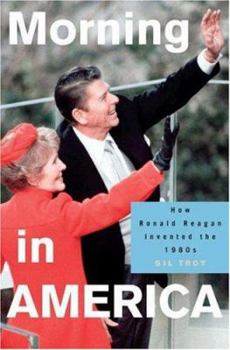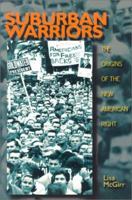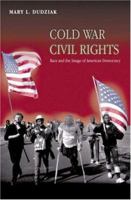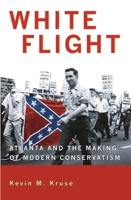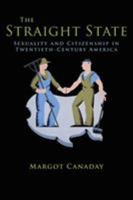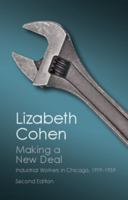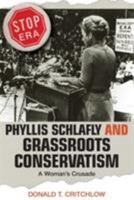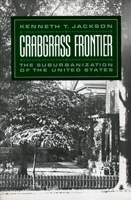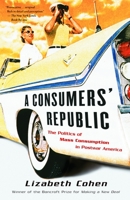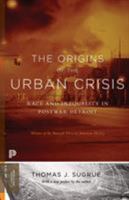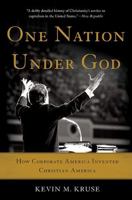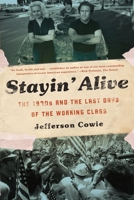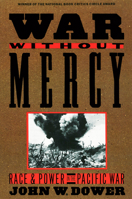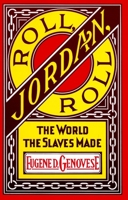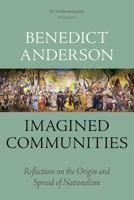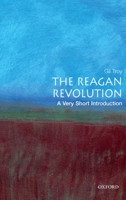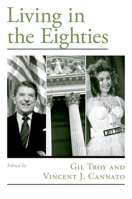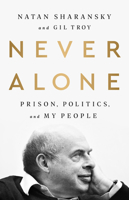Morning in America: How Ronald Reagan Invented the 1980's (Politics and Society in Twentieth Century America)
(Part of the Politics and Society in Modern America Series)
Select Format
Select Condition 
Book Overview
Did America's fortieth president lead a conservative counterrevolution that left liberalism gasping for air? The answer, for both his admirers and his detractors, is often "yes." In Morning in America , Gil Troy argues that the Great Communicator was also the Great Conciliator. His pioneering and lively reassessment of Ronald Reagan's legacy takes us through the 1980s in ten year-by-year chapters, integrating the story of the Reagan presidency with stories of the decade's cultural icons and watershed moments-from personalities to popular television shows. One such watershed moment was the 1984 Los Angeles Olympics. With the trauma of Vietnam fading, the triumph of America's 1983 invasion of tiny Grenada still fresh, and a reviving economy, Americans geared up for a festival of international harmony that-spurred on by an entertainment-focused news media, corporate sponsors, and the President himself-became a celebration of the good old U.S.A. At the Games' opening, Reagan presided over a thousand-voice choir, a 750-member marching band, and a 90,000-strong teary-eyed audience singing "America the Beautiful " while waving thousands of flags. Reagan emerges more as happy warrior than angry ideologue, as a big-picture man better at setting America's mood than implementing his program. With a vigorous Democratic opposition, Reagan's own affability, and other limiting factors, the eighties were less counterrevolutionary than many believe. Many sixties' innovations went mainstream, from civil rights to feminism. Reagan fostered a political culture centered on individualism and consumption-finding common ground between the right and the left. Written with verve, Morning in America is both a major new look at one of America's most influential modern-day presidents and the definitive story of a decade that continues to shape our times.
Format:Hardcover
Language:English
ISBN:0691096457
ISBN13:9780691096452
Release Date:February 2005
Publisher:Princeton University Press
Length:417 Pages
Weight:1.75 lbs.
Dimensions:1.3" x 6.0" x 9.3"
You Might Also Enjoy
Customer Reviews
1 customer rating | 1 review
Rated 5 starsHey, remember the 1980's president?
By Thriftbooks.com User,
Ronald Reagan campaigned and then was elected on a promise to restore American virility. In the closing years of the cold war, we wanted to believe that America was a super power and that we ourselves were super. Who better suited for that type of positioning than a former Hollywood actor? I think the "1950's Doc Brown" from the 1985 blockbuster 'Back to the Future' spoke for many people when he just expressed shock that...
0Report










